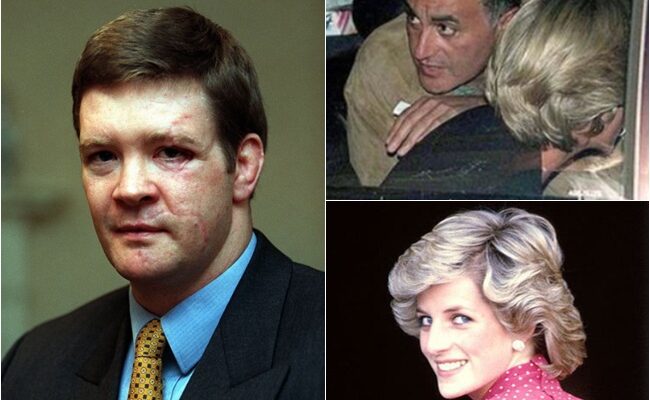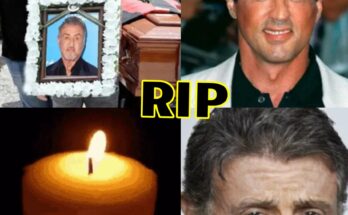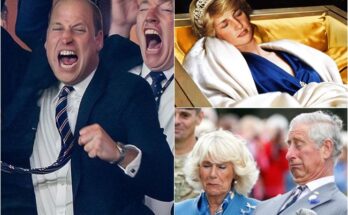
In a candid recounting, Rees-Jones expressed his sorrow, explaining that under normal circumstances, Diana and the others in the car would have been safe. However, according to his recovered memory, an unforeseen occurrence led to a critical shift in their situation, making survival impossible. He did not go into full detail but hinted at complications that arose in the seconds before the crash. Rees-Jones’s testimony has stirred renewed interest in the events leading to Diana’s untimely death, with many now questioning if more could have been done to prevent it.
For years, theories have swirled around the accident, with some pointing to unusual behavior by the paparazzi or even hinting at more elaborate plots. However, Rees-Jones’s statements are now casting a different light, suggesting that Diana’s death may have been a tragic outcome of missteps or unexpected factors on the part of those present. The world remembers Diana as the “People’s Princess,” whose warmth and humanitarian efforts touched millions. Her sudden death left a deep impact, and the mystery around the crash has fueled speculation ever since.
Rees-Jones’s recollection, emerging after years of silence, has ignited fresh calls for transparency and justice. Families of the victims, as well as Diana’s supporters, have long sought to understand the true circumstances of her death. While Rees-Jones’s memory recovery might provide a piece of the puzzle, he emphasizes that he is not certain of every detail and that others involved may still hold answers.
For those who admired Diana, the news of Rees-Jones’s regained memory is bittersweet. It rekindles the grief of her loss while raising hope for closure in the future. As new questions arise, Diana’s legacy as a beloved public figure remains strong, with many continuing to remember her contributions to causes and her lasting impact on the world.



